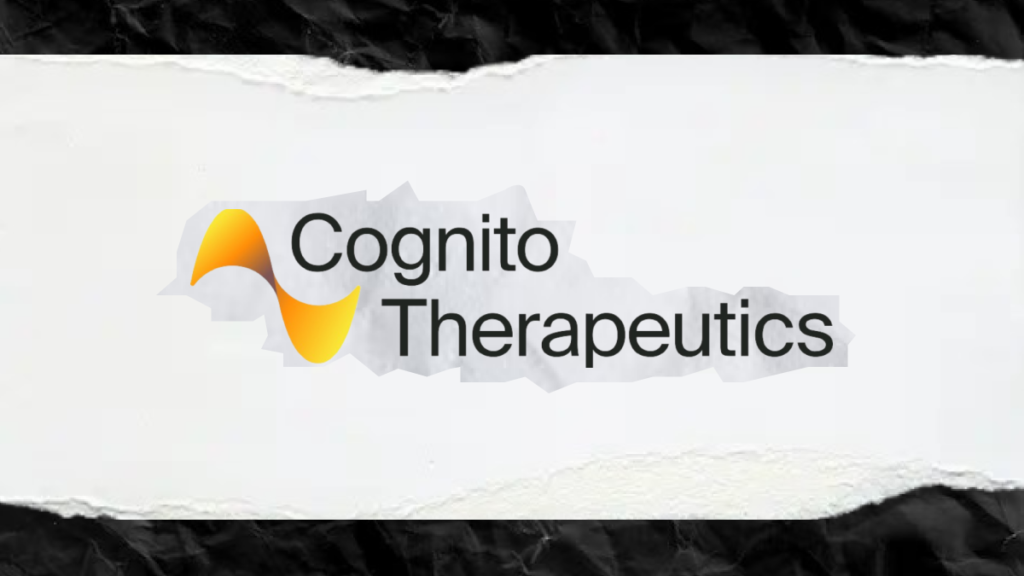Daily Doses of Light and Sound Offer Hope in Alzheimer's Fight: Promising Early Results from Cognito Therapeutics

Alzheimer’s disease (AD), a relentless neurodegenerative condition, casts a long shadow over millions of individuals and their families worldwide. Characterized by progressive decline in cognitive and functional abilities, AD poses a significant healthcare challenge, and the search for effective treatments remains a top priority. In this context, the recent findings from Cognito Therapeutics’ OVERTURE clinical trial, published in Frontiers in Neurology, offer a glimmer of hope, showcasing the potential of their Spectris device in addressing this debilitating disease.
Spectris: A Novel Approach to Targeting AD
Spectris represents a groundbreaking intervention in the fight against AD. Unlike traditional medications that target specific molecules or pathways, Spectris employs a unique, non-invasive approach. This device utilizes auditory and visual stimulation to induce gamma brain waves, a specific frequency range associated with healthy brain function. The underlying theory posits that by stimulating gamma wave activity, Spectris can potentially improve communication between neurons and slow down the neurodegenerative processes characteristic of AD.
Safety and Tolerability: A Crucial First Step
The OVERTURE clinical trial, conducted as a randomized, double-blind, sham-controlled study, primarily aimed to assess the safety and tolerability of Spectris in individuals diagnosed with mild to moderate AD. The trial enrolled 76 participants who met specific criteria, and they were randomly assigned to receive either daily one-hour sessions with Spectris or a sham treatment over six months.
The results were encouraging. The study found that Spectris was well-tolerated by participants, with no serious treatment-related adverse events reported. Additionally, MRI scans revealed no signs of ARIA, a potential side effect associated with some AD treatments. This established safety profile paves the way for further investigation into the potential therapeutic benefits of Spectris.
Hints of Efficacy: A Glimpse into the Future
While the OVERTURE trial wasn’t designed to definitively prove Spectris’ effectiveness, the findings offer intriguing hints about its potential to slow AD progression. Compared to the sham group, participants treated with Spectris displayed:
- A significant 77% slower decline in daily living activities, as measured by the ADCS-ADL scale. This translates to a substantial preservation of functional independence, potentially allowing individuals with AD to maintain a higher quality of life for longer.
- A remarkable 76% reduction in memory and cognitive decline, as measured by the MMSE. This suggests that Spectris may have the potential to mitigate the cognitive decline that is a hallmark feature of AD.
- An impressive 69% reduction in brain atrophy, as measured by MRI scans. This finding indicates that Spectris might be able to slow down the process of brain degeneration, a key factor in AD progression.
Looking Ahead: Building on Promising Results
These encouraging findings from the OVERTURE trial serve as a springboard for further research. Cognito Therapeutics is currently enrolling participants in their HOPE pivotal trial, a larger-scale study designed to provide conclusive evidence on Spectris’ effectiveness in treating AD. This pivotal trial will employ a more rigorous design and incorporate a larger sample size, allowing researchers to draw definitive conclusions about the efficacy of Spectris.
A Beacon of Hope in the Fight Against AD
The potential impact of Spectris, if proven effective in larger trials, cannot be overstated. This non-invasive approach offers several advantages over traditional medications. Spectris is non-invasive and well-tolerated, potentially reducing the risk of side effects and improving patient compliance. Additionally, its targeted approach towards stimulating specific brain wave activity holds promise for a more precise and potentially more effective therapeutic strategy.
The journey towards finding a cure for AD remains ongoing, but the results from the OVERTURE trial and the ongoing HOPE pivotal trial represent significant steps forward. Spectris, with its unique, non-invasive approach and promising initial findings, stands as a beacon of hope in the fight against this devastating disease. As research continues to unveil the full potential of this innovative technology, the future for individuals living with AD and their families may become a little brighter.
Additional Resources:
- Access the full article in Frontiers in Neurology.
- Learn more about Cognito Therapeutics and Spectris on their website: https://www.cognitotx.com/.
It is important to remember that while the initial findings are promising, further research is necessary to confirm Spectris’ efficacy and determine its exact role in the broader AD treatment landscape. However, the potential of Spectris to offer a safe, non-invasive, and potentially effective approach to managing AD is a significant development in this ongoing battle.
